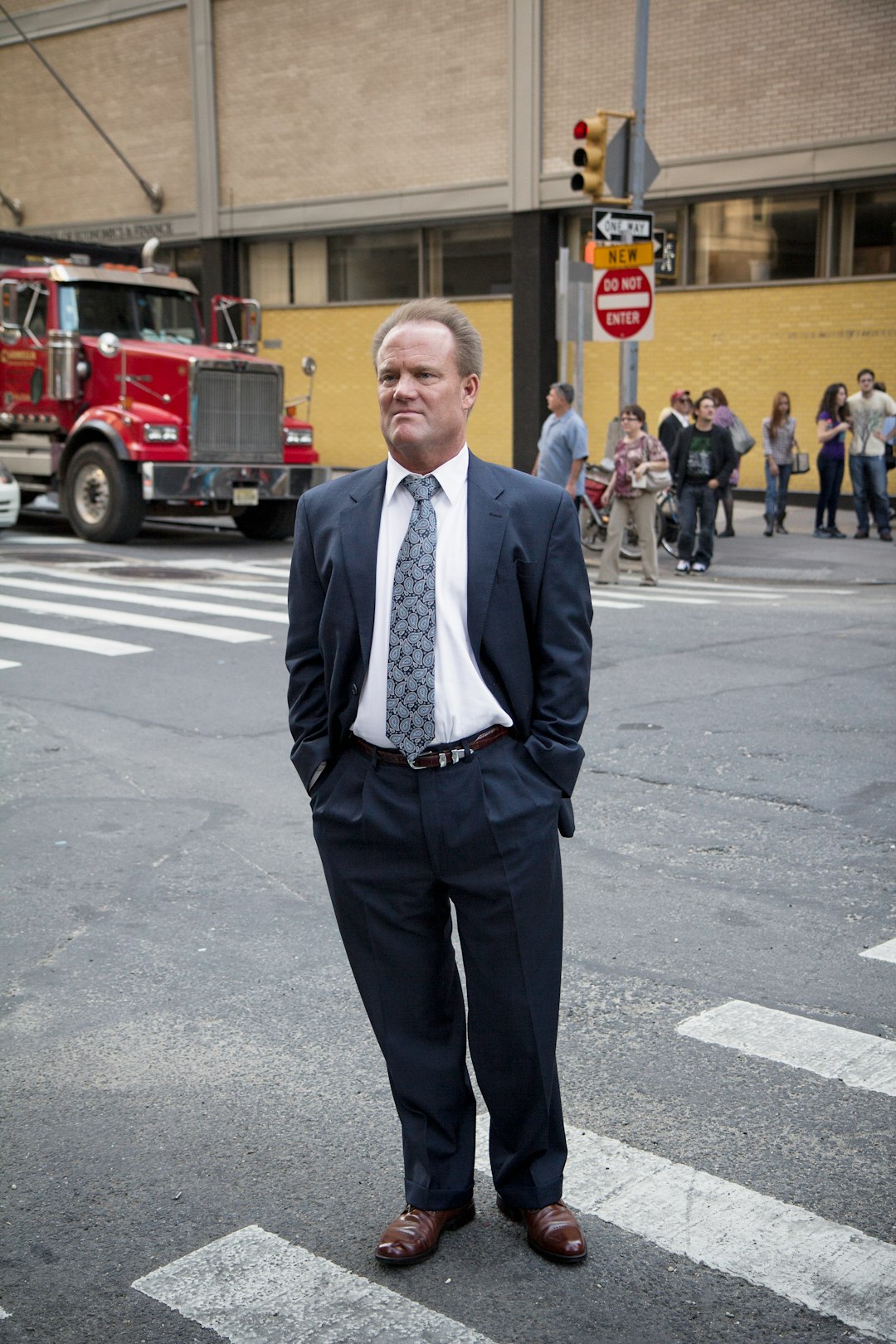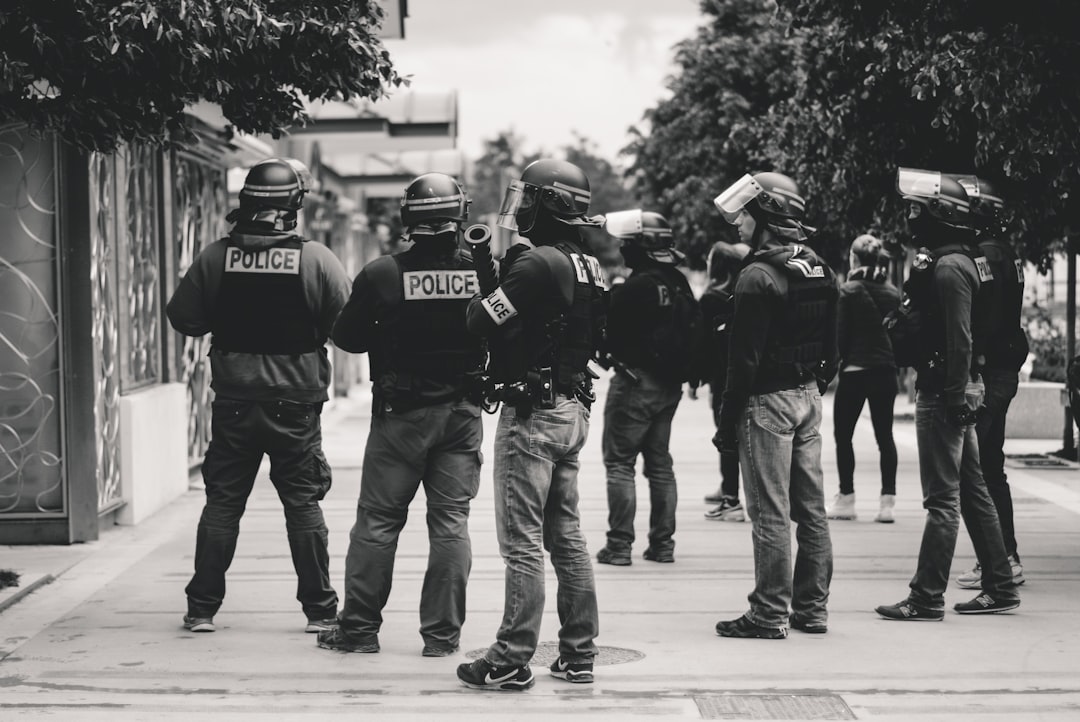Whether you are sponsoring yourself through the police academy or you’re being sponsored by a local police department, the fact remains you must successfully complete all the requirements while at academy before you can graduate.
Some trainees fail the academy for varies reason, but notably it’s because of poor physical conditioning and a lack of academic competence.
That’s why it’s always a good idea to study up on the curriculum course exams weeks before going to the academy. You can also read what the police academy is like to help you understand what kind of mindset you need to have to prepare the police academy.
Introduction:
Police officers protect and serve the communities in which they reside and work. The work that officers perform is often stressful, hectic, and demanding. In-depth basic training equips officers and helps to reduce the numbers of officer and civilian injuries and casualties. To prepare for a career as a police officer, recruits can attend a policy academy.
Residency Requirements
Some cities require police officer recruits to reside in the same city or county in which they serve. For example, if you are hired to work in the city of Philadelphia, you must reside within the city limits and not in a surrounding suburb. Recruits who live outside the Philadelphia city limits at the time of hire are required to move within the city limits within six months after the end of their probationary period. Dayton, Ohio police officers are allowed to reside within any Montgomery or surrounding county including Warren, Miami, or Clark.
Age Requirements
Jurisdictions and municipalities have different minimum age requirements. For example, Philadelphia requires that you be at least 19 at the time that you graduate from the academy and before you become an officer. Atlanta requires that you be at least 20 years old to apply to become a recruit. Los Angeles requires that you be at least 21 years old before you apply to the L.A. academy.
Background Investigation
Recruit Background Investigation Units conduct background checks on recruits while they are in training at the police academy. Data you provided on your employment application is used to confirm your residential address and identity. The information is also used to conduct a character check on you, including interviewing your relatives, friends, former colleagues, former supervisors, and neighbors. Investigators might also speak with your former high school, military, and college teachers. Positive results from the investigation that reveal you are trustworthy and have high moral and ethical fiber improves your chances of graduating from the police academy.
Drug Screening Test
Police officer recruits must pass a drug screening test. Random tests might be performed throughout the training and during your career as a police officer. Los Angeles also requires you to pass a polygraph and psychological test before you graduate.
Academic Training
Academic training in the police academy will cover criminal laws such as the 4th amendment, search and seizure laws, use of force policy, case laws, and more. You can study up on major case laws, as well as important topics that are going to be on the criminal law exam by getting yourself a police academy preparation guide. You will also learn about motor vehicle codes, search and seizures, civil liberties, department directives, report writing, radio operation procedures, and computer training. You must complete all academic training courses to graduate.
Many police departments also require recruits pass a multiple choice examination before they can graduate from the police academy. Final tests generally consist of 100 questions and take 30 minutes to complete. Examinations measure overall applicant competencies and the depth of information recruits have retained over the course of the training around topics like law, handling firearms, first aid, driving, and arrest techniques. You can study for this by investing in a police academy study guide.
Physical Training
Recruits must pass physical fitness test. Pull-ups, obstacle course, sit-ups, and distance running are parts of the fitness examinations that you must pass at a minimum grade set by the academy. Recruits must earn a score of 70%-75% to qualify for graduation. Passing body fat index is approximately 22 percent for men and 30 percent for women. Vision must be about 20/30 with glasses and not worse than 20/70 in each eye without prescription eyewear.
Important note: If you are overweight or out of shape, I suggest following a police academy workout program as soon as possible. If you are in poor physical conditioning, you won’t survive the first week at the academy because the intensity there is at its peak, designed to filter out the mentally/physically weaker applicants.
Considerations
Local governments establish individual policy academy training curriculum and guidelines. The training generally lasts three to six months. Applicants who already have military or police science training and experience increase their chances of landing a job as a civilian police officer. According to the Bureau of Labor Statistics, officers typically must serve a minimum of six months before they become eligible for promotion. Officers who continue their education and perform well on the job can advance to become detectives, sergeants, lieutenants or captains.






